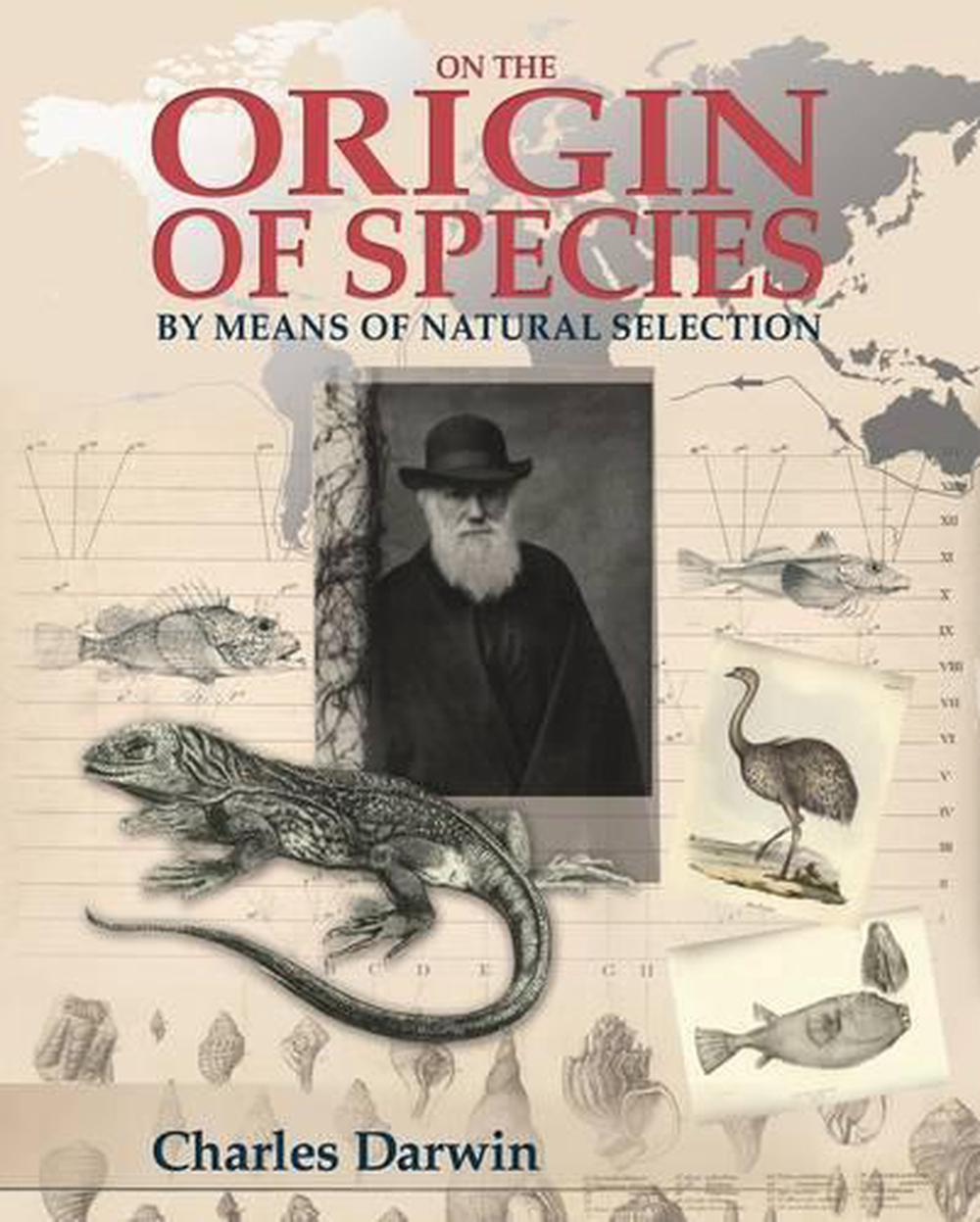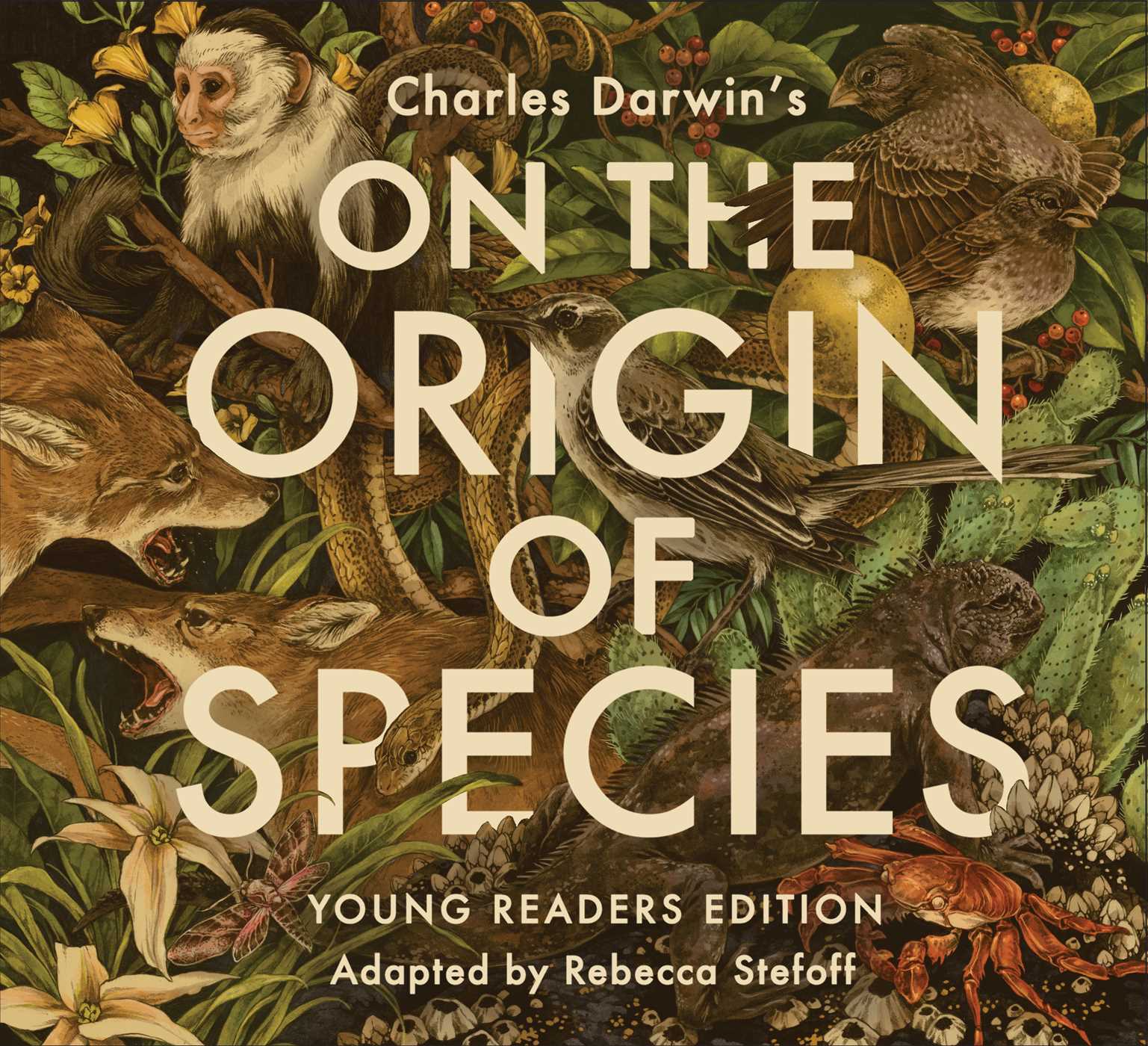

The world was becoming safer for Darwin and his theory: mid-Victorian England was stabler than the “hungry Thirties” or turbulent 1840s. Huxley, the philosopher Herbert Spencer, and other outsiders were opting for a secular nature in the rationalist Westminster Review and deriding the influence of “parsondom.” Darwin had himself lost the last shreds of his belief in Christianity with the tragic death of his oldest daughter, Annie, from typhoid in 1851.

The changing social composition of science-typified by the rise of the freethinking biologist Thomas Henry Huxley-promised a better reception for Darwin. SpaceNext50 Britannica presents SpaceNext50, From the race to the Moon to space stewardship, we explore a wide range of subjects that feed our curiosity about space!Įngland became quieter and more prosperous in the 1850s, and by mid-decade the professionals were taking over, instituting exams and establishing a meritocracy.Learn about the major environmental problems facing our planet and what can be done about them! Saving Earth Britannica Presents Earth’s To-Do List for the 21st Century.Britannica Beyond We’ve created a new place where questions are at the center of learning.100 Women Britannica celebrates the centennial of the Nineteenth Amendment, highlighting suffragists and history-making politicians.
On the origin of species how to#
COVID-19 Portal While this global health crisis continues to evolve, it can be useful to look to past pandemics to better understand how to respond today. Student Portal Britannica is the ultimate student resource for key school subjects like history, government, literature, and more. This Time in History In these videos, find out what happened this month (or any month!) in history. #WTFact Videos In #WTFact Britannica shares some of the most bizarre facts we can find. Demystified Videos In Demystified, Britannica has all the answers to your burning questions. Britannica Explains In these videos, Britannica explains a variety of topics and answers frequently asked questions. Britannica Classics Check out these retro videos from Encyclopedia Britannica’s archives. Provenance: George Duncan (Shettleston bookplate) – Matthew Blane (ownership inscription dated 1960) – Irwin Silver (his sale, Sotheby’s, New York, 26 April 2005, lot 30). (Couple of faint spots to title, a little fingersoiling to prelims.) Original green cloth, covers stamped in blind, spine lettered and decorated in gilt, brown coated endpapers, with the ticket of Edmonds & Remnants of London (touch of rubbing to extremities and endpapers, lower hinge just cracked) custom clamshell case. Half-title, folding lithographic diagram 32-page list of John Murray's books at end dated June 1859. ‘Foreword’, The Cambridge Companion to the 'Origin of Species'. Dibner Heralds (1980) 199 Eimas Heirs 1724 Freeman 373 Garrison-Morton (1991) 220 Grolier English 96 Grolier Science 23b Norman 593 PMM 344b Sparrow Milestones 49 Waller 10786 Wilson, E.O. “No work of science has ever been so fully vindicated by subsequent investigation, or has so profoundly altered humanity's view of itself and how the living world works” (Wilson). Darwin was now forced to publish and, urged on by Hooker, he condensed his big book into an "abstract" of some 155,000 words, "stripped of references and academic paraphernalia” and “aimed not at the specialists, but directly at the reading public" (ODNB).įinally published as On the Origin of Species on 24 November 1859 in a print run of 1250 copies, the work expounded a theory of evolution that was recognizably superior and of infinitely greater impact than all previous hypotheses explaining biological diversity. The two scientists issued a joint paper on the subject at the Linnean Society on 1 July. 
Then, in June 1858, Darwin received a letter about evolution from Alfred Russel Wallace, who had independently arrived at similar conclusions. Two years later he had composed an extended treatise entitled "Natural Selection," two-thirds complete at 250,000 words. The gestation of the theory was slow, but in 1856, following a conversation with Sir Charles Lyell about his hypothesis, Darwin was determined to bring it to a conclusion. Although some key observations and findings from the voyage of the Beagle acted as his initial inspiration, Darwin’s ideas about the beneficial mutation of species did not cohere into the theory of evolution until his reading of Thomas Malthus’s Essay on the Principle of Population in 1838. The Silver copy of the first edition of "the most important single work in science" (Dibner), and "a turning point, not only in the history of science, but in the history of ideas in general" (DSB). On the Origin of Species by Means of Natural Selection.







 0 kommentar(er)
0 kommentar(er)
